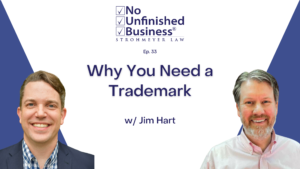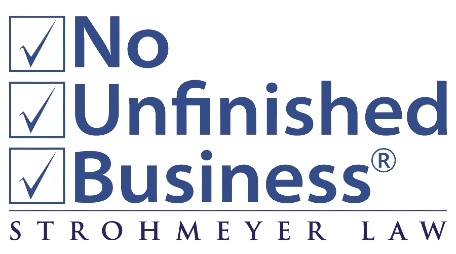5 Myths About Family Limited Partnerships Debunked
Family Limited Partnerships are a popular choice for business structuring and asset protection, but there are myths about FLPs that can lead to misguided decisions…
What is a Family Limited Partnership?
A Family Limited Partnership (FLP) is a business entity where a general partner usually holds a nominal 1% interest stake, and two or more limited partners each possess the remaining interest. While limited partners enjoy limited liability, the general partner assumes a higher risk, holding liability if the partnership faces a lawsuit. For added security, some choose to place a Limited Liability Company (LLC) as the general partner in an FLP, mitigating exposure to creditors.
Five FLP Myths Busted
Myth 1: FLPs Can Completely Halt Creditors
Contrary to popular belief, an FLP cannot completely stop creditors from seizing assets. If a lawsuit targets the assets within an FLP, not only can the partnership be sued, but the individual partners may also be vulnerable to legal action. Essentially, you, as a general partner, wouldn’t be getting much or any real protection at the end of the day. However, as we explain in the video, through “Charging Order Protection”, FLPs can limit what creditors seize to only what would be distributed to them from the partnership.
Myth 2: FLPs Can Lower Your Income Tax Bill
While FLPs are taxed as pass-through entities, you could give assets away to family members and potentially distribute income to family members in lower tax brackets, but the income given away will no longer benefit the original asset holder. You actually do have to give it away, and there are ways to check this. Also be wary of the idea that one can deduct more expenses through an FLP — the reality is you still have to meet the “ordinary and necessary” requirement for deductions, just as in any other business structure.
Schedule a free consultation with Strohmeyer Law to protect your family with an estate plan.
Myth 3: FLPs Can Lower Your Future Estate Tax Bill
So, it’s not so much a myth, but this is only applicable in certain situations, namely, if you already are facing an estate tax bill. FLPs can indeed lower your estate tax bill if used correctly, primarily by transferring assets that are likely to appreciate in value. However, this approach is mostly relevant for individuals with considerable wealth—assets well north of $10 million.
Myth 4: FLPs Can Replace Those Expensive Trusts
While FLPs and trusts have some similarities, they perform different functions and cannot entirely replace one another. For instance, trusts can shield assets from estate and gift taxes, a benefit not offered by FLPs. FLPs may also expose minors’ assets once they turn 18, something a trust can help avoid.
Myth 5: Setting Up an FLP Is a One-Time Cost
Establishing an FLP involves ongoing costs beyond the initial setup fee. These costs include accounting fees, annual IRS compliance costs, and potentially payroll processing fees if someone is drawing a salary from the partnership.
Bottom Line
FLPs can be beneficial in structuring assets and managing wealth, but they are not a one-size-fits-all solution. Understanding the intricacies and implications of an FLP is crucial before deciding to establish one. It is always advisable to seek professional guidance to ensure that the chosen asset protection strategy aligns with your needs and can withstand legal scrutiny.
End-of-Year Strategies for Irrevocable Gifting Trusts
As the year draws to a close, there are some crucial actions to take with an irrevocable gifting trust.
What to Do If You Receive an IRS Letter
Receiving a letter from the IRS might send shivers down your spine. So what's your first step? Is it always a cause for alarm? Let's walk through what you should do.
Why You Need a Trademark
We'll explain the the four main areas of intellectual property for business owners, why trademarks are crucial, and how to get your marks registered.





